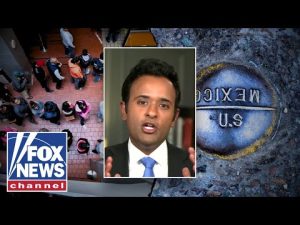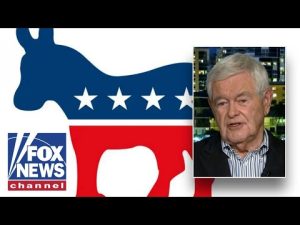In recent discussions about the intersection of faith and governance, a significant debate has emerged regarding whether or not promoting Christianity and other religious practices in the public sphere violates the principle of separation of church and state. At the heart of this conversation lies the First Amendment, which restricts Congress from establishing a national religion. However, many overlook the historical context of this principle and the reality of how religion operates within our communities today.
First, it is essential to recognize that the concept of separation of church and state is often misapplied. The First Amendment specifically targets the federal government, not state governments. Historically, several states, especially in the early years of America, had official religions. This fact challenges the narrative that advocating for Christian principles or allowing religious expressions in public life is inherently anti-American. If a few states once had official religions without falling to tyranny, it raises the question: why should a vibrant Christian presence be viewed with suspicion today?
One could argue that a thriving religious community offers valuable benefits to society. They foster strong social ties, encourage civic engagement, and provide moral frameworks that contribute to the social good. However, the current situation reflects a trend where the state seems more intent on suppressing religious expressions than nurturing them. Many parents are alarmed by what their children are exposed to in schools—curriculums that often emphasize anti-religious ideologies under the guise of science and reason.
To promote a healthy religious environment, it is crucial that we safeguard against top-down restrictions on faith. Surprisingly, such suppression can be more detrimental than most realize. When the state acts to diminish religious expression, it can stifle the growth of faith and community bonding that occurs organically within neighborhoods and congregations. The best results come when religious values arise from the grassroots level, driven by the very people who motivate their communities to engage with shared beliefs and traditions.
Ultimately, the state should refrain from both promoting one religion above others and actively discouraging any form of religious expression. Instead of worrying about a “Christian takeover,” the focus should be on enabling all faiths to flourish within their communities without government intervention. A robust religious environment should contribute positively to society, providing individuals with a sense of purpose and a network of support.
In conclusion, promoting a healthy relationship between Christianity and the state is not about establishing an official religion; instead, it is about ensuring freedom of expression for all faiths. By creating a space where religion can thrive organically without interference or suppression, society stands to benefit as communities become stronger and more cohesive. So the next time someone raises the alarm about the intertwining of state and church, remember that it’s not so much about official endorsement; it’s about allowing faith to flourish where it naturally belongs—right in the heart of everyday life.







